 |
 |
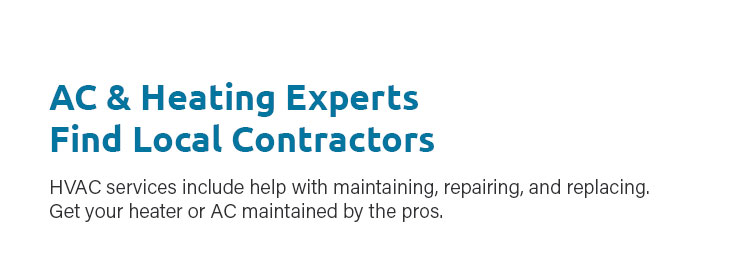 |
 |
 |
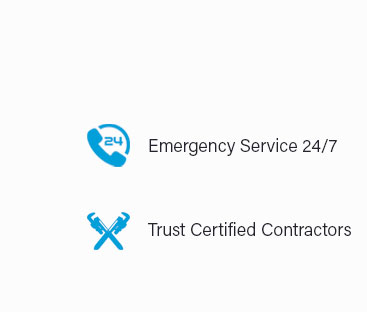 |
 |
 |
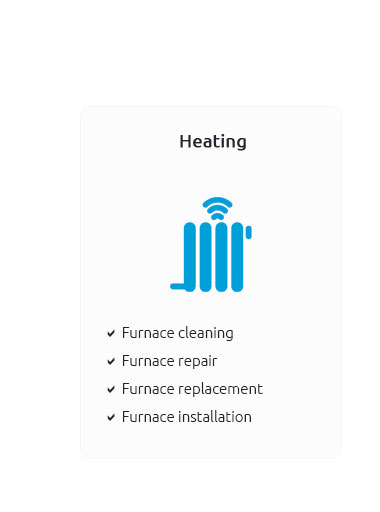 |
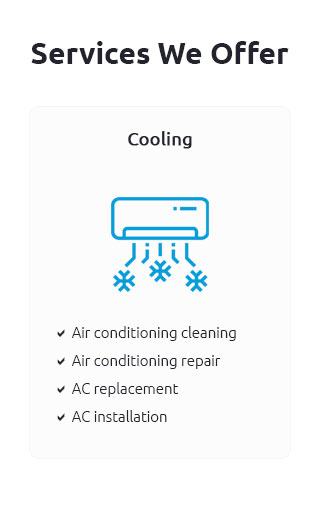 |
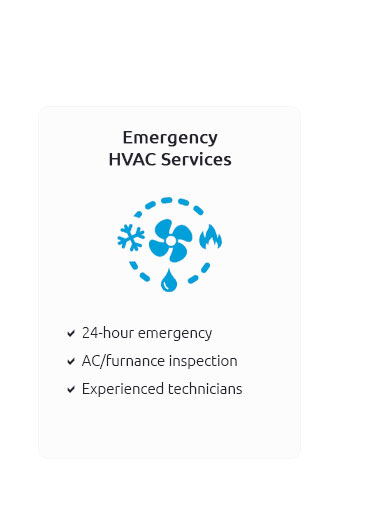 |
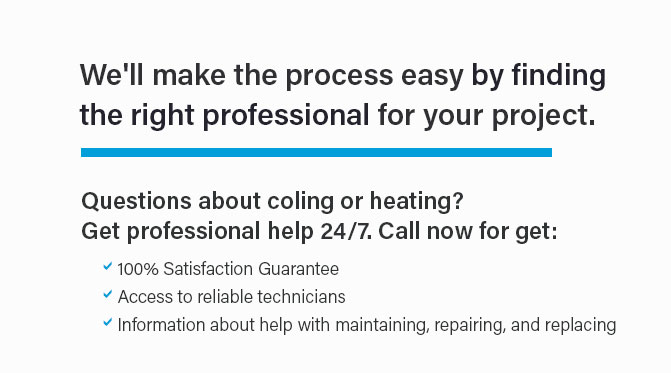 |
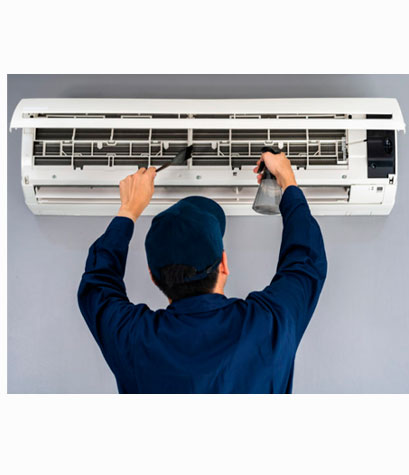 |
 |
 |
 |
Repair AC: Understanding the Process and When to Call a ProfessionalIntroduction to AC RepairAir conditioning systems are essential for maintaining comfort in our homes and workplaces, especially during the warmer months. Understanding the basics of AC repair can help you identify problems early and decide when it's time to call a professional. Common AC Issues1. Refrigerant LeaksRefrigerant is crucial for cooling air. Leaks can cause inefficiency and increased energy costs. It's important to have leaks repaired and refrigerant recharged by a professional. 2. Sensor ProblemsThermostat sensors can sometimes be knocked out of position, causing erratic cycling. Repositioning the sensor is a delicate process that may require expert assistance. 3. Electric Control FailureFrequent on/off cycles can wear out compressor and fan controls. Connections and contacts should be checked by a professional to prevent this issue. DIY Maintenance Tips
For more detailed maintenance tips, visit our guide on central ac maintenance. When to Call a ProfessionalWhile some minor maintenance tasks can be handled independently, there are specific situations where professional help is necessary:
Consider contacting an ac heating repair specialist for a thorough diagnosis and repair service. Frequently Asked QuestionsWhat should I do if my AC is not cooling properly?Check the thermostat settings, replace dirty filters, and ensure the outdoor unit is unobstructed. If issues persist, contact a professional for a thorough inspection. How often should I schedule professional AC maintenance?It's recommended to have your AC system professionally inspected and serviced at least once a year to ensure optimal performance and longevity. https://www.yelp.com/search?find_desc=Air+Conditioning+Repair&find_loc=Fremont%2C+CA
Top 10 Best Air Conditioning Repair in Fremont, CA - February 2025 - Yelp - AIS Heating & Air Conditioning, Jazz Heating, Cooling, Plumbing & Electrical ... https://rooterhero.com/ac-repair-fremont-ca-hvac-replacement
Are you in need of HVAC / AC repair in Fremont area? Rooter hero offers reliable air conditioning replacement, installation, repair & maintenance in Fremont ... https://aisheatingandair.com/air-conditioning/repair/
Are you experiencing these failing air conditioner symptoms? Call AIS for AC repair in Fremont now at (510) 792-4328.
|